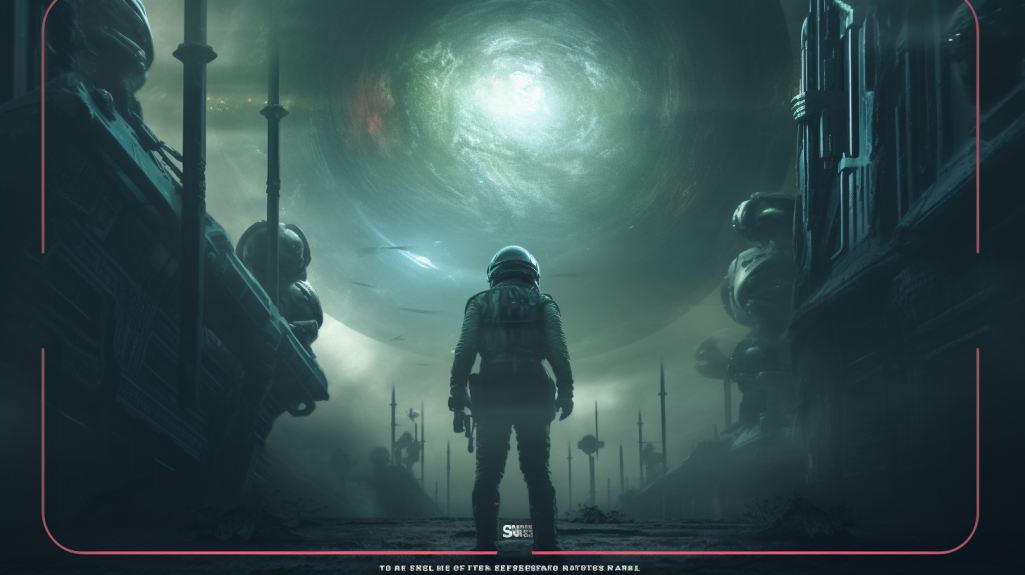Fiction movies have long been a mirror reflecting the evolving values, fears, and dreams of society. From the early days of silent cinema to the modern era of digital filmmaking, the medium has undergone transformative changes, both technically and thematically. This article explores the evolution of fiction movies over time, with a special emphasis on the unique contributions of Gabriel Mascaro, a visionary director whose work has left an indelible mark on the industry.
The Early Years: 1890s-1920s
In the late 19th century, pioneers like the Lumière brothers and Georges Méliès laid the groundwork for fiction filmmaking. The silent era saw the birth of narrative storytelling on screen, with films like “The Great Train Robbery” (1903) capturing the audience’s imagination. During this period, movies were characterized by simplistic plots, exaggerated gestures, and theatrical acting.
The Golden Age: 1930s-1950s
The 1930s marked the advent of sound in cinema, revolutionizing storytelling. With classics like “Gone with the Wind” (1939) and “Casablanca” (1942), Hollywood established itself as the epicenter of global cinema. This era saw the rise of film noir, musicals, and the exploration of complex human emotions on screen.
The New Wave: 1960s-1970s
The 1960s and 1970s witnessed a wave of innovation and experimentation. Filmmakers like François Truffaut, Jean-Luc Godard, and Akira Kurosawa challenged traditional storytelling conventions. This period gave birth to the auteur theory, emphasizing the director as the primary creative force behind a film. Additionally, social and political issues became prominent themes, reflecting the turbulence of the times.
The Blockbuster Era: 1980s-1990s
The 1980s and 1990s saw the rise of blockbuster cinema, with directors like Steven Spielberg and George Lucas shaping the industry. Advances in special effects technology led to visually spectacular films, such as “Jurassic Park” (1993) and “Titanic” (1997). Hollywood became synonymous with big budgets, star power, and global appeal.
The Digital Revolution: 2000s-2010s
The turn of the millennium brought about a digital revolution, transforming the way movies were made and consumed. Filmmakers embraced digital cameras, CGI, and editing software, opening new avenues for creativity. This era also witnessed the rise of independent cinema, allowing unique voices to find their audience outside the studio system.
Gabriel Mascaro: Redefining Cinematic Boundaries
Amidst these evolutionary phases, Gabriel Mascaro emerged as a distinct voice in world cinema. Known for his visually striking films and unconventional storytelling, Mascaro challenged societal norms and blurred the lines between reality and fiction. His filmography, including works like “Neon Bull” (2015) and “Divine Love” (2019), delves into themes of identity, sexuality, and spirituality, often in the context of contemporary Brazil.
Mascaro’s use of non-professional actors and immersive cinematography brings a raw authenticity to his films. He explores the human condition in ways that are both thought-provoking and visually captivating. His ability to blend the surreal with the real challenges traditional narrative structures, inviting audiences to question their perceptions of reality.
The Ever-Changing Landscape of Fiction Movies
From the silent era to the digital age, fiction movies have continually evolved, reflecting the dynamic nature of society and the human experience. Directors like Gabriel Mascaro exemplify the spirit of innovation and creativity that keeps the industry vibrant. As we move into the future, the boundaries of storytelling will likely continue to expand, offering new possibilities for filmmakers to explore and audiences to experience.
In the ever-changing landscape of fiction movies, one constant remains: the power of cinema to transport us, challenge our beliefs, and connect us on a profound emotional level. As long as there are storytellers like Mascaro pushing the boundaries of what is possible, the world of fiction movies will continue to captivate and inspire generations to come.

